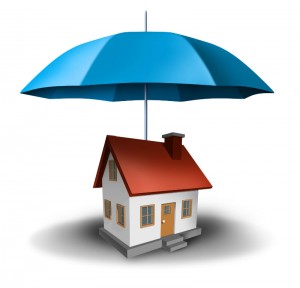We all know that water plays a major role in the world; without it, most of our plants would wither and die in a matter of weeks. The human body can only function without water replenishment for a few days. However, just as water gives, it also takes away. Over time, water is able to erode even the largest of land masses (see the Grand Canyon). Some historians have referred to water as a great eraser, most likely due to its ability to completely wash an area clean (both literaly and figuratively). It has the same impact, albeit on a much smaller scale, on your chimney.
Water is the Enemy
According to the Chimney Safety Institute of America (CSIA), water damage to chimneys is one of the most overlooked issues inside a home. Chimneys are often deprioritized in terms or regular maintenance primarily because their deterioration can remain hidden until a simple repair is no longer an option. Hidden problems can become glaring eyesores almost overnight. Being proactive is the only way to address these underlying issues before they become a real bear. This is yet another reason why annual chimney system inspections are so vital. They increase the likelihood that a minor issue will be discovered and remedied before it morphs into a much more daunting task.
Water Damages Your Entire Chimney System
A traditional masonry chimney is comprised of a number of metallic and masonry materials, all of which are negatively affected by direct and prolonged contact with water. As we all know, iron and metallic materials are likely to rust when exposed to water and, which causes the chimney to deteriorate at a more rapid pace. All fireplace construction materials, with the exception of stone, will be affected by changing temperatures and severe weather conditions—rain, snow, and heat; this causes a domino effect, leading to increased damage to all chimney system components (as one component is compromised, other components are forced to work harder to maintain the system’s efficiency, which is a losing battle). Sooner or later, the entire system is compromised and needs to be repaired, often at a considerable expense to the homeowner.
What’s That Smell!
Water, in conjunction with all of the combustion byproducts that were left behind last winter, can produce a very noticeable smell that can permeate your entire house. In an effort to combat this issue head on, a regularly-scheduled chimney sweeping is key. The water won’t have any contaminants with which to mix if you stick to a regular maintenance schedule.
Keeping Water Out
Keeping water out of your system, at least as much as is possible, is key. In an effort to keep water from being able to directly penetrate your chimney system, a chimney cap should be in place (this helps to divert water away from the most obvious entry point). Ensuring that your chimney crown is in tip-top chape is the next item of business; cracks allow water penetration which causes bigger cracks and more problems. Once these areas have been shored up, you may want to consider having a vapor-permeable waterproofing solution applied to your brickwork. This will allow combustion gases and vapors to escape while at the same time preventing outside moisture from getting in.
Assuming that your chimney is always going to be there when you need it puts you on a very slippery slope. If it’s been a while since your chimney’s last check-up, consult a professional. It’s always best to think first about the safety of your home and family and having the necessary repairs completed in a timely manner. The certified professionals at Environmental Chimney Service are awaiting your call.

